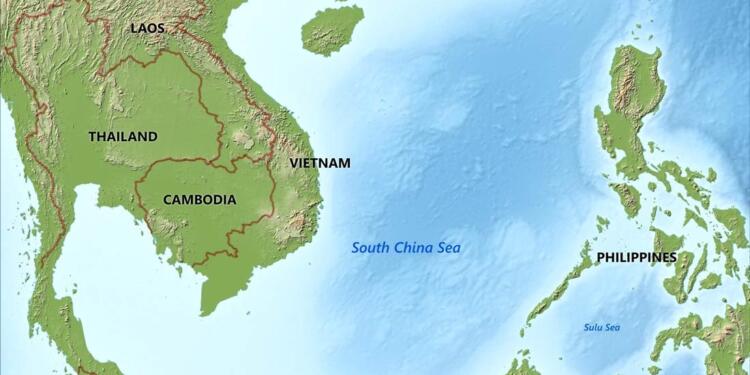The Philippines has recently denied claims that it has ceded control over a disputed reef in the South China Sea, despite the withdrawal of its ships from the area. This decision has raised eyebrows and sparked debates on national sovereignty and maritime security, particularly as tensions escalate in this vital region.
The South China Sea is a critical area for multiple nations, both for its rich natural resources and its strategic maritime routes. For the Philippines, it represents not only a source of potential economic wealth through fishing and potential oil and gas reserves but also a matter of national pride and territorial integrity. Historically, the Philippines has maintained a robust stance on its territorial claims, bolstered by international legal backing, particularly from the 2016 ruling by The Hague that invalidated China’s expansive claims in the region.
China, on the other hand, views the South China Sea as a crucial pathway for trade and a significant area for asserting its influence in Southeast Asia. The sea is home to vital shipping lanes through which over $3 trillion worth of trade passes annually. Additionally, it is believed to be rich in resources, including fish stocks and hydrocarbon deposits, making it a focal point of contention among Southeast Asian nations, including Vietnam, Malaysia, and Brunei, alongside the Philippines.
The withdrawal of Philippine ships has raised concerns about the country’s resolve in maintaining its maritime claims. Officials assert that this decision was strategic, aimed at de-escalating tensions and avoiding confrontation with Chinese vessels. However, critics argue that such moves could be perceived as concessions, undermining the Philippines’ position in ongoing disputes.
The geopolitical landscape of the South China Sea is complex, with various nations asserting overlapping claims. The Philippines’ relationship with the United States also plays a crucial role, as it relies on its ally for military support and maritime security. Recent military exercises between the two nations underscore the importance of maintaining a united front against any perceived threats.
The South China Sea is not merely a geopolitical hotspot; it is a region of immense significance for the Philippines and China alike. As both nations navigate their interests and sovereignty concerns, the world watches closely, understanding that stability in this area is essential for regional peace and economic prosperity. The Philippines’ commitment to its territorial integrity remains firm, and the stakes continue to rise in this strategic maritime domain.
























